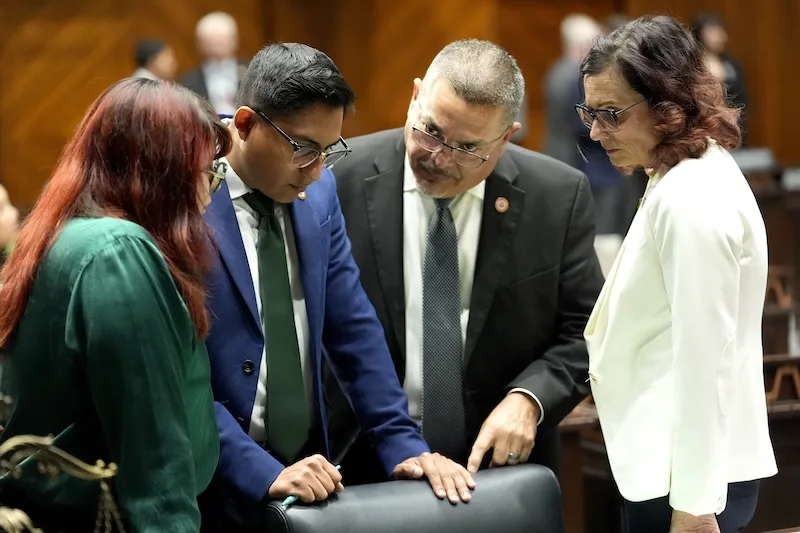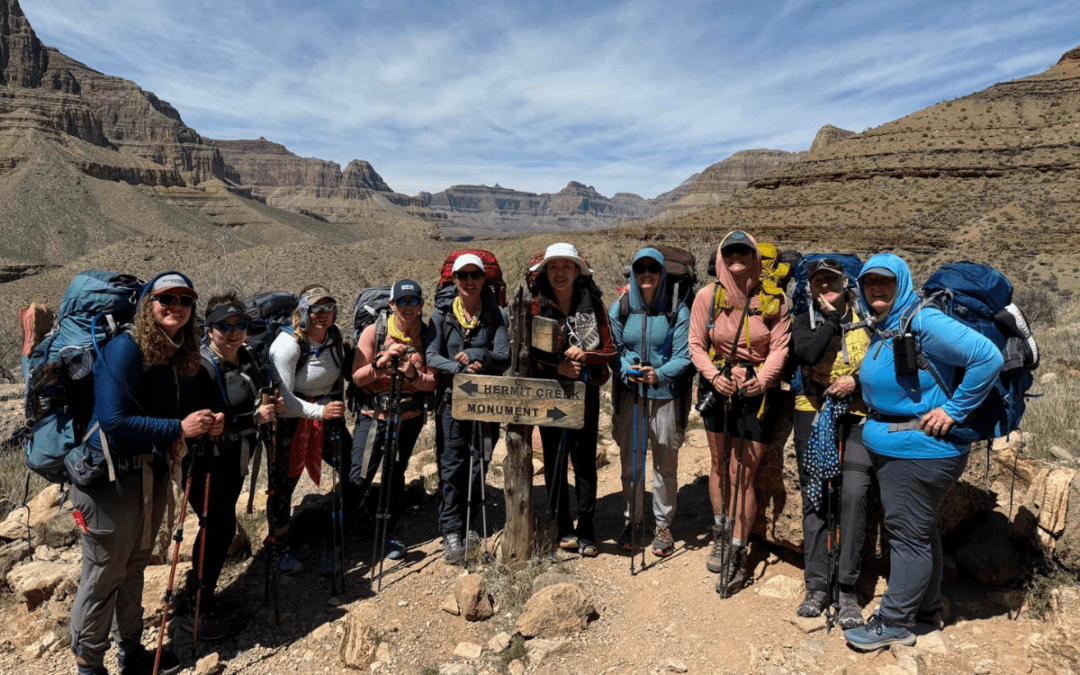
The PRO Act would affect Starbucks employees’ struggles with the company’s alleged union-busting efforts.
A number of Starbucks stores in Arizona have joined a nationwide labor movement among the coffee chain’s employees, who are opting to unionize to create better working conditions for themselves and their coworkers.
So far, two stores in Mesa, one in Phoenix, and one in Avondale have voted to create a union, joining nearly 300 locations nationwide that have filed to start the process.
RELATED: 2 More Valley Starbucks Stores Vote to Unionize
But in Arizona, unionizing is more difficult than in other places, as the state’s laws are not friendly to organizing.
According to the US Bureau of Labor Statistics, union members made up 5.3% of Arizona’s wage and salary workers in 2020, compared to the national average of 10.8%.
‘Right to Work’
Arizona has been a “right-to-work” state since 1946. The Legislature passed a bill that year preventing Arizona labor unions from requiring workers who benefit from a unionized workplace to contribute to the costs of representation.
This can lead to unfairness in the workplace, Jacob Welsh, a shift supervisor for the first Starbucks store to unionize in Pennsylvania, told The Copper Courier.
“We’ve decided democratically by majority to have a union to bargain for what we expect to be a good contract,” Welsh said. “And it just doesn’t seem fair to me that some people would pay for that while others could just get a free ride.”
RELATED: How the PRO Act Would Change Arizona’s Right-to-Work Status
A federal labor rights bill called the Protecting the Right to Organize (PRO) Act would fix this loophole by essentially overturning state’s right-to-work laws.
A Bloomberg Law analysis found that in 2018, union membership rates, successful union elections, and strike activity were lower in right-to-work states compared to states without those laws on the books.
The Bloomberg Law analysis did find that union workers in right-to-work states earned more compared to their non-union counterparts than they did in non-right-to-work states. However, both groups are paid less overall in right-to-work states—wages are 3.1% lower in states with restrictive labor union laws, according to a 2015 Economic Policy Institute report.
“This translates into RTW [right-to-work] being associated with $1,558 lower annual wages for a typical full-time, full-year worker,” the report reads.
Keeping Companies in Line
The PRO Act would also affect Starbucks employees’ struggles with the company’s alleged union-busting efforts. The NLRB on May 6 issued a complaint accusing the company of 29 unfair labor practices encompassing over 200 violations of the National Labor Relations Act. Starbucks said the claims do not have merit.
Currently, the NLRB can really only slap a company on the wrist for violating workers’ rights when it comes to organizing.
Starbucks employee Welsh said this leads to big companies like Starbucks “breaking the law with impunity.”
“They know that if there are any penalties at all, they probably won’t come until well after they’ve already successfully busted the union,” Welsh said. “And they’re kind of willing to eat that cost years down the line, if it means that their workers don’t organize.”
The PRO Act would allow the NLRB to impose fines of up to $50,000 for each violation. Corporate directors and other higher-ups could be held personally liable.
Election Interference
The PRO Act would also make it harder for companies to interfere in workers’ union elections. For example, companies like Starbucks would be barred from forcing employees to attend meetings dissuading them from joining a union, also known as “captive audience meetings.”
The bill would also make sure workers are allowed to vote in their union elections off company premises, meaning they could cast their vote at a neutral location where they don’t feel surveilled. And for those who can’t vote in person, the legislation would direct the NLRB to offer voting electronically, over the internet, or by phone.
“Starbucks says they want everyone to vote. We agree everyone should vote, it’s the democratic process,” Welsh said. “I think if both sides want that then we should open up options for people to be able to vote.”
The PRO Act would also shorten the amount of time workers spend unemployed while waiting for action on unfair firings. The bill would require the NLRB to immediately seek an injunction to reinstate an employee while a case is pending.
Federal labor officials in April asked a judge to force Starbucks to reinstate three union activists at its Mayo Boulevard and Scottsdale Road location in Phoenix, alleging that the coffee giant engaged in unfair labor practices.
Stalled in Senate
The Democratic-majority US House passed the PRO Act in March 2021, but it has stalled in the evenly split Senate.
Republicans have used the threat of filibuster, which allows the minority party to delay and try to block legislation, to block this bill and many others—including action on climate change, voting rights, and more.
Sixty votes are needed to override a filibuster and bring a bill to a vote, meaning it must have bipartisan support.
US Sens. Kyrsten Sinema and Mark Kelly of Arizona are two of just three Democrats who haven’t cosponsored the legislation.
Kelly has said he supports the legislation’s goals but that he has concerns with how it handles the classification of workers and gives independent contractors bargaining rights.
Sinema’s spokesperson Pablo Sierra-Carmona told The Copper Courier last year it wasn’t clear if the PRO Act would come up for a vote in the Senate, but if it did, “Kyrsten will take a close look at the legislation and listen to Arizona workers, employers, and community leaders, and—as always—vote based on what’s right for Arizona.”
Looking for the latest Arizona news? Sign up for our FREE daily newsletter.
Politics

Democrats clear path to bring proposed repeal of Arizona’s near-total abortion ban to a vote
Democrats in the Arizona Senate cleared a path to bring a proposed repeal of the state's near-total ban on abortions to a vote after the state's...

It’s official: Your boss has to give you time off to recover from childbirth or get an abortion
Originally published by The 19th In what could be a groundbreaking shift in American workplaces, most employees across the country will now have...
Local News

Where to buy farm-fresh eggs in Tucson
Once you’ve tasted farm-fresh eggs, it’s hard to go back to the store-bought variety. Not only do farm-fresh eggs taste better and have...

How Arizona women are helping each other gain confidence in outdoor adventuring
Two female-oriented outdoors groups in Arizona encourage women to get on the trails, and to not be afraid of doing it solo every once in a while....





